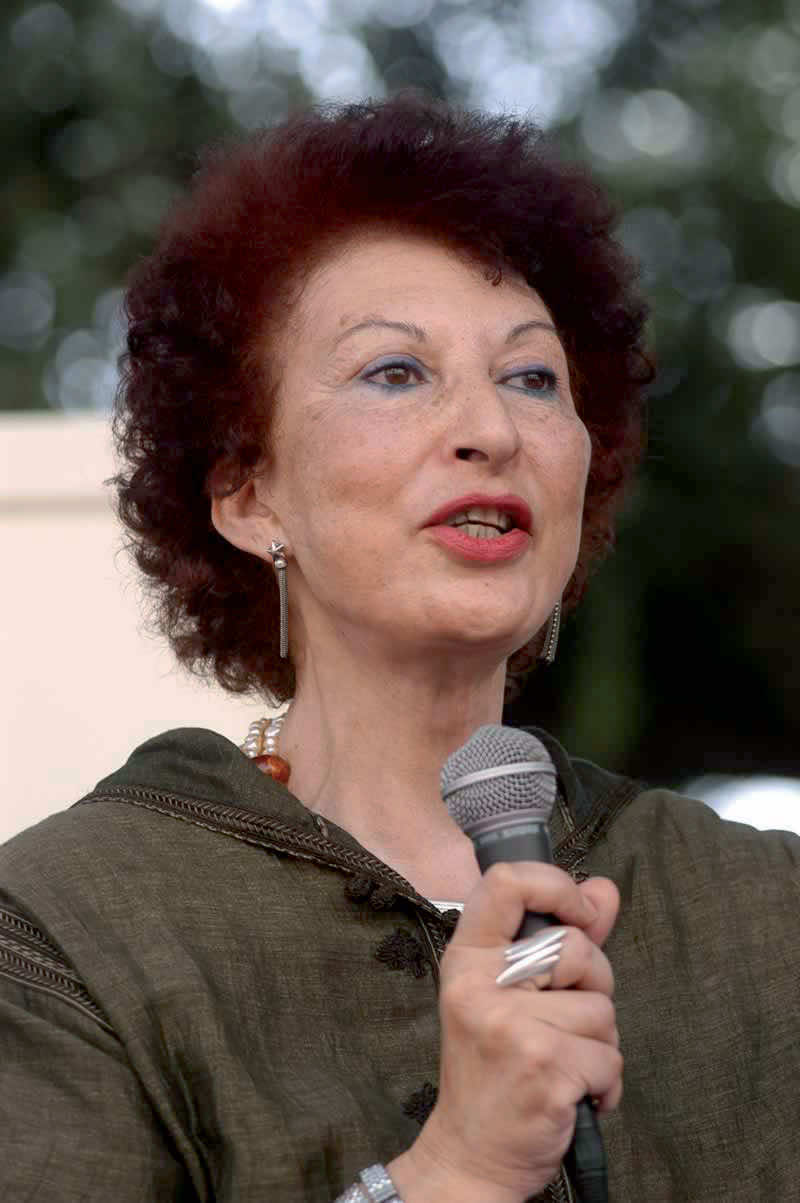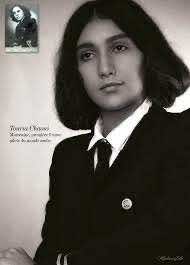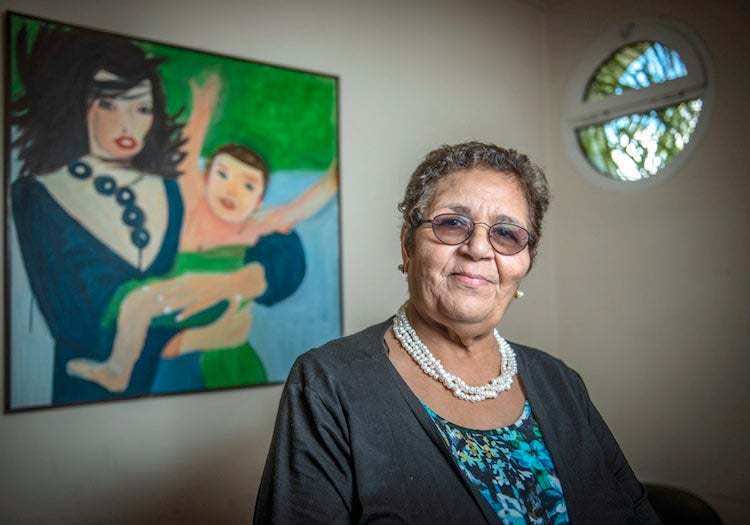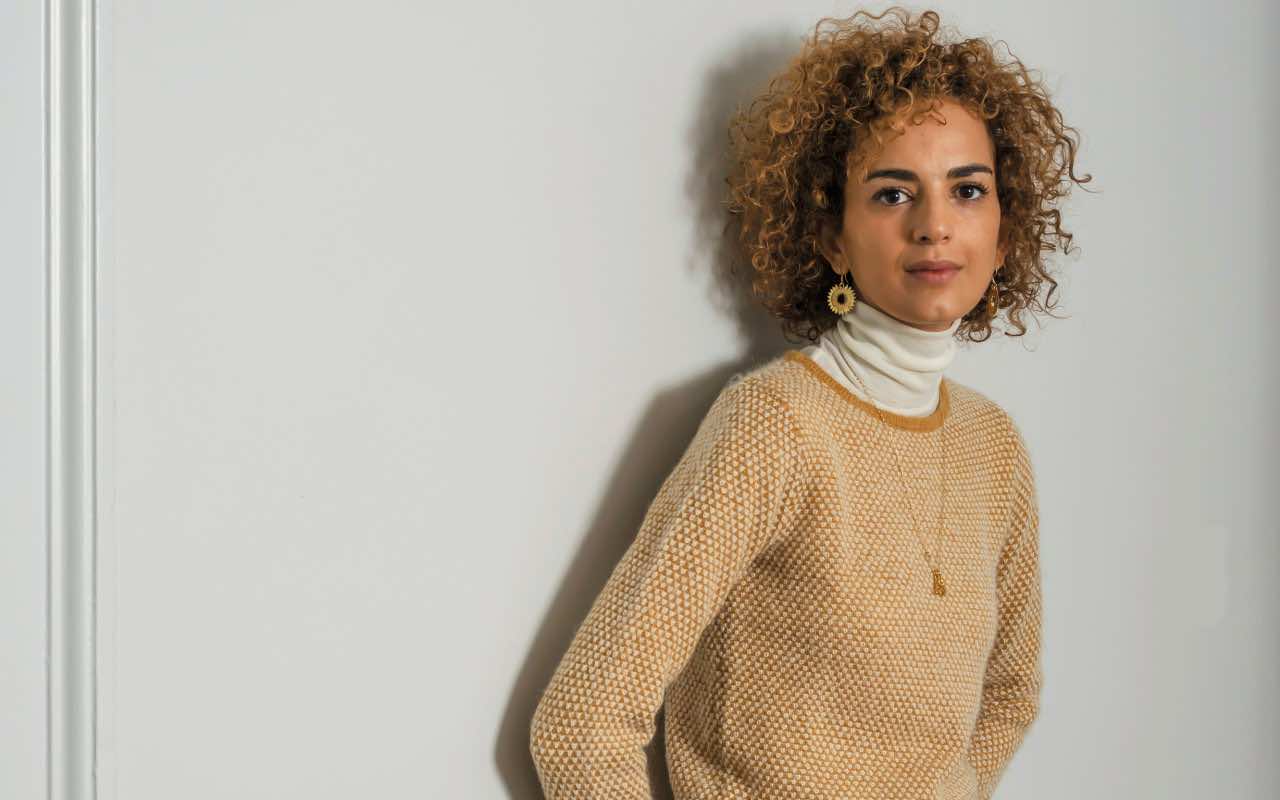8 Phenomenal Moroccan Women That Were Ahead of Their Time

These eight Moroccan women overcame obstacles in their respective times and paved the way for future generations of strong independent women.
The UN International Women’s Day is celebrated globally on March 8 every year. This important day is dedicated to celebrating women’s social, economic, cultural, and political achievements throughout history. The event also aims to call for greater gender equality.
While significant progress has been made in the last 100 years, much is still left to do as no country in the world has yet achieved full gender equality, according to the United Nations. Moreover, the World Economic Forum estimates that it will take another 100 years to erase the global gender gap.
The theme for this year’s International Women’s Day is “I am Generation Equality: Realizing Women’s Rights”. The Generation Equality campaign is aimed at mobilizing global action to achieve gender equality and to bring together people of every gender, ethnicity, race, age, religion, and nationality.
In celebration of International Women’s Day it is time to take a look at the achievements of some of the most prolific Moroccan women throughout history.
Fatima al-Fihri, founder of the world’s first university
Fatima al-Fihri was born in A.D 800 in modern-day Tunisia, but moved to Fez with her family at a young age. Not much is known about her mother, but her father, Mohammad bin Abdullah al-Fihri, would become a successful merchant in the city.
The Al-Fihri family were well-off. Fatima’s father made sure that she and her sister, Maryam, received a good education, something that was not common for women at the time. The two sisters inherited the fortune their father had earned following a series of unfortunate events. Fatima’s brother, father and husband all died in rapid succession.
Al-Fihri was a devoted Muslim, and decided to give back to her local community with the sudden wealth she had received. The population of Fez had grown so significantly to the point where there were not enough Mosques to accommodate the city’s inhabitants.
Despite not having any experience in building, she led and oversaw the construction of a grand mosque, a library, and what would become the world’s first university.
The University of Al-Qarawiyyin was founded in 859 AD and is still operating today. UNESCO lists it as the oldest existing, continually operating higher educational institution in the world.
Al-Fihri was the first person in history to establish the concept of a university as we know it today.
Building the world’s first university in the 9th century as a Arab Muslim woman is an astonishing feat, and for that she will always be remembered as the “mother of intellectuals”.
Zaynab al-Nafzawiyyah, Queen of the Almoravid Amazigh Empire

Zaynab Al-Nafzawiyyah was a legendary woman who lived in the 11th century. She was one of few influential Moroccan women in the patriarchal empire.
Al-Nafzawiiyah was very ambitious from an early age. She sought a position of power and refused to marry anyone who did not wish to become the ruler of the Maghreb.
With her wisdom, beauty, and nobility she could cast her spell on the most powerful leaders in the Almoravid dynasty. She was well informed about the complicated political situation of Morocco and that, in combination with her beauty, won her a lot of attention from rulers who wished to marry her.
Abu Bakr, commander of the Almoravids, married Al-Nafzawiiyah in 1068, but would divorce her just a couple of years later he saw it as his duty to go and fight in the Sahara. He knew that the desert lifestyle was not suited for her and instead advised her to marry his cousin Yusuf Ibn Tashfin who held the position of deputy at the time.
During this time many Moroccan women lived in the shadow of their husbands, but Al-Nafzawiiyah excelled by Yusuf’s side. She became the de-facto co-ruler of the empire and had a significant role in the decision-making process of public affairs.
She was given the title malika (queen), which wives of Muslim monarchs usually did not receive.
Fatima Mernissi, renowned sociologist and founder of Islamic feminism

Fatima Mernissi was an author, Muslim feminist and one of the greatest sociologists in Moroccan history.
Mernissi was born in Fez in 1940 and spent her childhood living with her mother and grandmother. She studied at the Mohammed V University in Rabat, the Sorbonne University in Paris, and earned a Ph.D. in Sociology from Brandeis University in Massachusetts in 1973.
Mernissi was a key figure of the Islamic feminist movement and wrote more than a dozen books in the fields of anthropology, sociology, and feminism. Her most famous literary works are “The Veil and the Male Elite: A Feminist Interpretation of Islam” and “Beyond the Veil: Male-Female Dynamics in Modern Muslim Society.”
She passed away on November 30, 2015, but will always remain an icon of modern thinking who defied the norms in an era where there were strict and widespread views on women’s role in society. She dedicated her whole life to defend gender equality, women’s rights, and moderate Islam.
Her works spread across the Muslim Arab world rapidly and gave women a voice they previously did not have. Her ideas inspired millions of women around the world and paved the way for increased gender equality in the Muslim world.
Fatima Mernissi’s efforts were recognized internationally and she received prestigious prizes such as the Prince of Asturias Award and the Erasmus Prize.
With her strong belief in women right’s, vast knowledge and fearlessness, she was able to impact the Muslim world in an unprecedented way and for that her legacy will always live on.
Merieme Chadid, astronomer who planted the first Arab flag in Antarctica

Merieme Chadid was born in Casablanca on October 11, 1969. She developed an interest in astronomy from early teenage years after her brother gifted her a book about Johannes Kepler, a 17th century German astronomer and mathematician.
Her newfound interest led to her pursue studies in physics. In 1992, she earned her master’s degree in Physics from University of Hassan II in Casablanca. Four years later she obtained her Ph.D. in Astronomy and Astrophysics from the Paul Sabatier University in Toulouse.
Not long after earning her Ph.D. she was recruited as a research engineer at the French National Center for Scientific Research.
Between 1998 and 2001 she was part of a successful mission to install the biggest telescope in the world in the driest and most hostile desert: The Atacama Desert in Chile.
In 2005, she became the first Moroccan woman to set foot in Antarctica. She planted a Moroccan flag to mark the achievement. It is the first Arab flag to ever be planted at the South Pole.
Chadid is renowned in her sphere for being the world’s first astronomer committed to installing telescopes for a new large astronomical observatory in Antarctica. Her work at the Dome C is one of her proudest accomplishments. She has described the work there as “one of the coldest, most deserted and inaccessible places in the world” and has compared the complexity of installing the observatory to the difficulty of space missions.
For her astounding achievements in science she was awarded the Arab woman of the year in 2015. She has also featured on Forbes magazine’s list of the thirty most interesting and fascinating workers in the world.
Touria Chaoui, fearless pilot and national hero

Touria Chaoui was born in Fez in 1936. She grew up in a time where women did not become pilots, especially not in the Arab world. There had only been one Arab women pilot before Chaoui, but she was firmly determined to achieve her goal despite all the obstacles she faced.
Her supportive father assisted her in enrolling into an aviation school in Tet Mellil, near Casablanca in 1950. The school was the only one of its kind in Morocco and was, in fact, reserved for French forces in Morocco. At the school there were no opportunities for Moroccans, let alone women.
The school admitted her with the belief that she was going to spectacularly fail in the demanding program. The French pilots laughed at the thought of a female Moroccan pilot.
The fearless young girl proved everyone wrong and obtained her aviation license at the age of 15. She did not let people at the school intimidate her, though they did their utmost to make her fail.
Chaoui’s success story gave Moroccans inspiration and strength to fight for a free independent Morocco, while the French colonizers despised her.
She became a national symbol for Moroccans who sought independence from the French. Sultan Mohammed V of Morocco acknowledged her fantastic achievement and invited her for dinner at the royal palace where he gave her an award. The French authorities became furious with the Sultan and eventually forced him into exile.
Touria Chaoui was assassinated by unidentified gunmen at the age of 19 on March 1, 1956, one day before Morocco achieved independence. The brutal murder broke the hearts of Moroccans and Arabs who admired her.
Chaoui is not only a symbol for women, but is also remembered as a hero who fought for freedom for the whole nation.
Aicha Chenna, “The Moroccan Mother Teresa”

Aicha Chenna is the most famous Moroccan women’s right advocate and activist. Chenna was born in Casablanca in 1941. She left school at the age of 16 and began to work in a hospital. After working a couple of years, she decided to enter a nursing school on the recommendation of a few colleagues who had seen her potential.
Once she had earned her nursing diploma, Chenna began to work for the Ministry of Health giving hygiene workshops. During her time working at the ministry, she witnessed the miserable conditions of disadvantaged single-mothers and abandoned children.
In 1985, after seeing women in disadvantageous situations for several years, Chenna decided to found the Female Solidarity Association (ASF) in Casablanca.
ASF assists disadvantaged single-mothers and victims of abuse by training them in cooking, accounting and sewing. It also offers women literacy assistance and education about human and women’s rights. The association provides basic daily healthcare and medical treatments, in addition to social, psychological, and legal support in order to help the women become independent.
Chenna has been recognized by King Mohammed VI for her admirable work, who gives financial support to her association.
She has also received international recognition, winning several prestigious prizes.
In 2009, she became the first Muslim to win the Opus Prize, an award that recognizes unsung heroes who take on the most persistent social problems. She dedicated the $1 million prize money to continue the commendable work of her association.
In 2017, she was crowned International Woman of the Year in Monaco.
The 79-year-old has dedicated her whole life to help the disadvantaged and is still advocating for their rights.
Nawal El Moutawakel, first Arab woman to win an Olympic gold medal

Nawal El Moutawakel made history in the 1984 Summer Olympics in Los Angeles when she became the first Arab and Muslim woman to win a gold medal in the Olympic games. Moreover, she was also the first Moroccan athlete to ever win a gold medal in the international sport event.
El Moutawakel was born in 1962 in Casablanca and dreamed of a career in sports, something unthinkable for many women in the Muslim world at that time.
Her unprecedented victory in women’s 400 meter hurdles inspired hundreds of thousands of young Arab and Muslim women to tear down the wall of social and political barriers that kept women from participating in community life activities like track and field.
The triumph gave women belief and courage to take up the sport that was considered as a sport for men only.
Her success earned her recognition from the Moroccan King at the time, Hassan II, who called her as soon as she had crossed the finish line. The King of Morocco declared that every girl born that day should be named Nawal in her honor.
The victory gave her a much-needed platform to raise awareness for Muslim women in sports. As a retired athlete, she has dedicated all her life to promoting women’s participation in sports.
She has held several important posts in the Moroccan government, such as Minister of Youth and Sports.
In 2012, she became the first Muslim, African and Arab woman to be elected Vice-President of the International Olympic Committee.
In 2015, she was awarded France’s highest civilian award, the Legion d’Honneur.
El Moutawakel is a living legend with a legacy that will always be remembered by Arabs, Africans, and women around the world.
Leila Slimani, distinguished author

Leila Slimani was born in 1983 in Rabat. When she was 17 years old, she left Rabat to pursue political science and media studies at the prestigious Sciences Po University in Paris.
After graduating, she took acting courses as she aspired to become an actress. In the end she decided to pursue a journalistic career and accepted a job offer at Jeune Afrique. The job required her to travel often, and after giving birth to a son and being arrested in 2011 in Tunisia amid the Arab Spring, she ended up leaving journalism to write a novel.
Her first novel was rejected by publishers, but she was determined to succeed and took writing courses before she wrote a new novel. Her second attempt was more successful as the novel “In the Garden of the Ogre” was published in 2014 and won the Moroccan La Mamounia literary award.
In 2016, she became an international literary star when she published the psychological thriller “The Perfect Nanny”. The book was the most read book in France in that year and has been listed by New York Times as one of the 10 best books in 2018.
Slimani won the prestigious Goncourt Prize in 2016 for the book. In the 117-year history of France’s most prestigious literary award, she became the first Moroccan woman to win the award, and the 12th woman overall to win it.
One year later, Slimani published the controversial book “Sex and Lies: Sexual Life in Morocco”. The book explores sexuality in Morocco and the author calls for more sexual freedom and tolerance in the Kingdom.
In recent years, Slimani has become one of the most influential figures in France. Her works give a voice to the voiceless and highlights issues that may be viewed as controversial by many.
French president Emmanuel Macron has acknowledged her achievements and even offered her to become Minister of Culture of France in 2017. She rejected the offer, but instead accepted the appointment to become France’s top emissary for Francophone affairs.
In 2018, Slimani was ranked second on Vanity Fair’s 2018 top 50 list of the most influential people in France, while Macron placed fifth.
Source link
